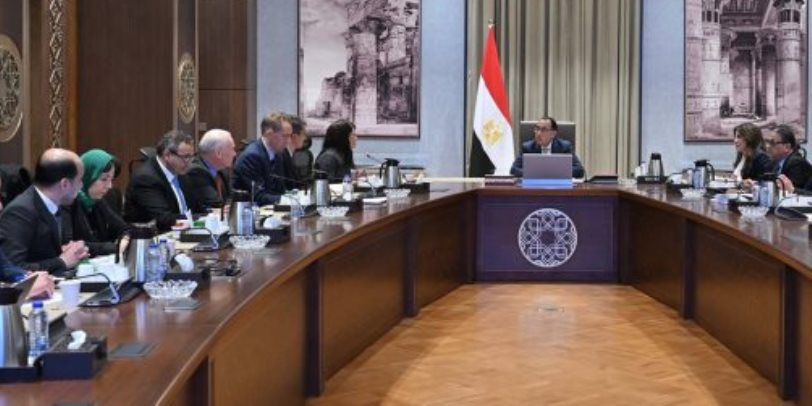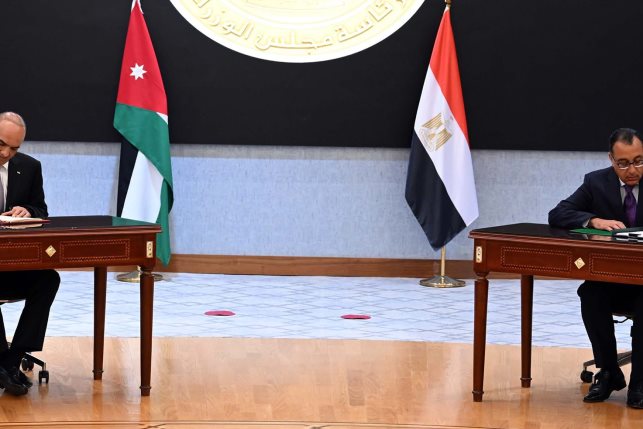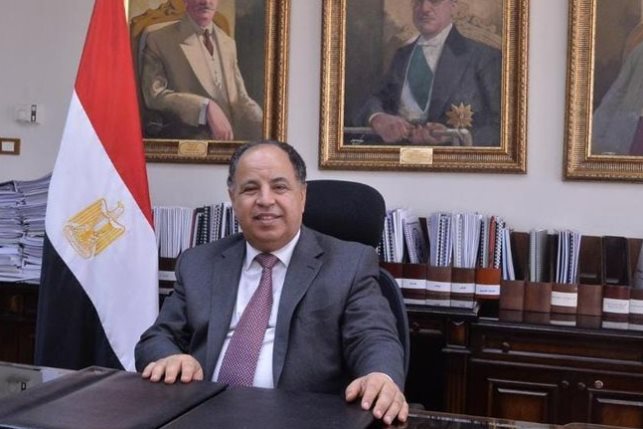PM meets with World Bank officials to cooperate on managing state-owned companies
Madbouly stressed that the policy document will paves the way for a comprehensive reform of state-owned institutions in Egypt, in order to create a greater area of investment for the private sector

Egypt’s Prime Minister Mostafa Madbouly stressed the government’s keenness to implement The State Ownership Policy Document and cooperate with the World Bank to manage state-owned companies and raise their efficiency. This came during his meeting with World Bank officials along with Minister of International Cooperation, Rania Al Mashat
Madbouly stressed that the policy document will paves the way for a comprehensive reform of state-owned institutions in Egypt, in order to create a greater area of investment for the private sector, and more efficient management of public resources.
During the meeting, Al Mashat explained the importance of cooperation with the World Bank in order to maximize the role of the private sector in the field of investment, noting that one aspect of cooperation includes implementing The State Ownership Policy Document, through governance and regulation of the work of the state-owned companies.
Country Director for Egypt, Yemen and Djibouti, Middle East and North Africa, Stephane Guimbert, confirmed that the World Bank is providing Egypt with technical and financial support until the state ownership policy document is implemented, in a way that enhances the governance of state-owned companies.
The State Ownership Policy Document, which identifies the sectors from which the state plans to withdraw, decrease, or increase its involvement of over the next 3-5 years, and how it aims to boost the private sector’s participation in public investments.
The document also states that Egypt aims to expand the private sector’s participation in the public sector to 65% within three years from 30%, and attract $40 billion in private investments by 2026.





